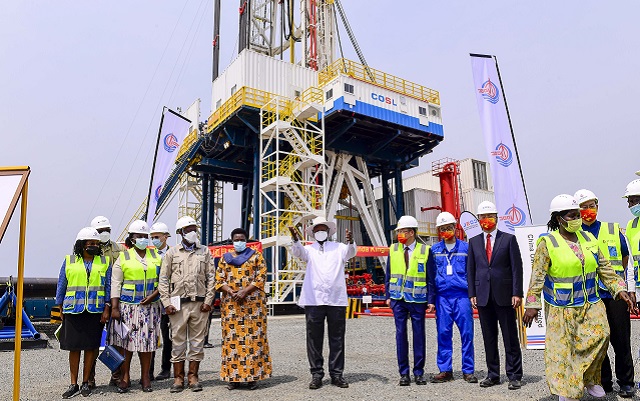(KAMPALA) – The Kampala Capital City Authority (KCCA) is still searching for a location to establish a new landfill, according to Frank Rusa, the acting executive director of the authority. Speaking to the media earlier today, Rusa said the search has been ongoing since the tragic landslide at the Kiteezi landfill in August, which resulted in the deaths of 35 people and caused significant property damage.
“The lack of a new landfill is the primary reason for the visible accumulation of garbage in various parts of Kampala,” Rusa said. He reassured the public that the KCCA is working diligently to find a new dumping site and restore cleanliness to the city.
The August 10 landslide at Kiteezi exposed the capital’s waste management challenges, with the city now generating between 2,500 to 3,500 tonnes of garbage daily. Since the disaster, KCCA has been temporarily using dumpsites in Katikolo, Mukono, and Wakiso to handle the excess waste. However, this arrangement is unsustainable, prompting the urgent need for a new landfill.
Rusa further emphasized that simply finding a new landfill is not enough. “In 2024, we cannot be talking about landfills only. We should be discussing modern solutions such as waste to energy, recycling, and waste to manure projects,” he said. The KCCA is actively seeking an investor to manage waste recycling at the Kiteezi site, a step that could greatly reduce the risks posed to the community.
Discussions are also ongoing within the government to develop a comprehensive solid waste management policy and strategy that will ensure long-term solutions for the city’s waste problem.
| Event | Details |
|---|---|
| August 10 | Landslide at Kiteezi landfill kills 35 people |
| Daily Waste | 2,500 – 3,500 tonnes of garbage generated in Kampala |
| Temporary Solutions | Garbage currently being dumped in Katikolo, Mukono, and Wakiso |
| Future Plans | Seeking investors for waste-to-energy and recycling projects |
Rusa concluded by expressing optimism that with the right investment and policy direction, the risks to human life from unmanaged waste can be minimized, if not entirely eliminated.




















